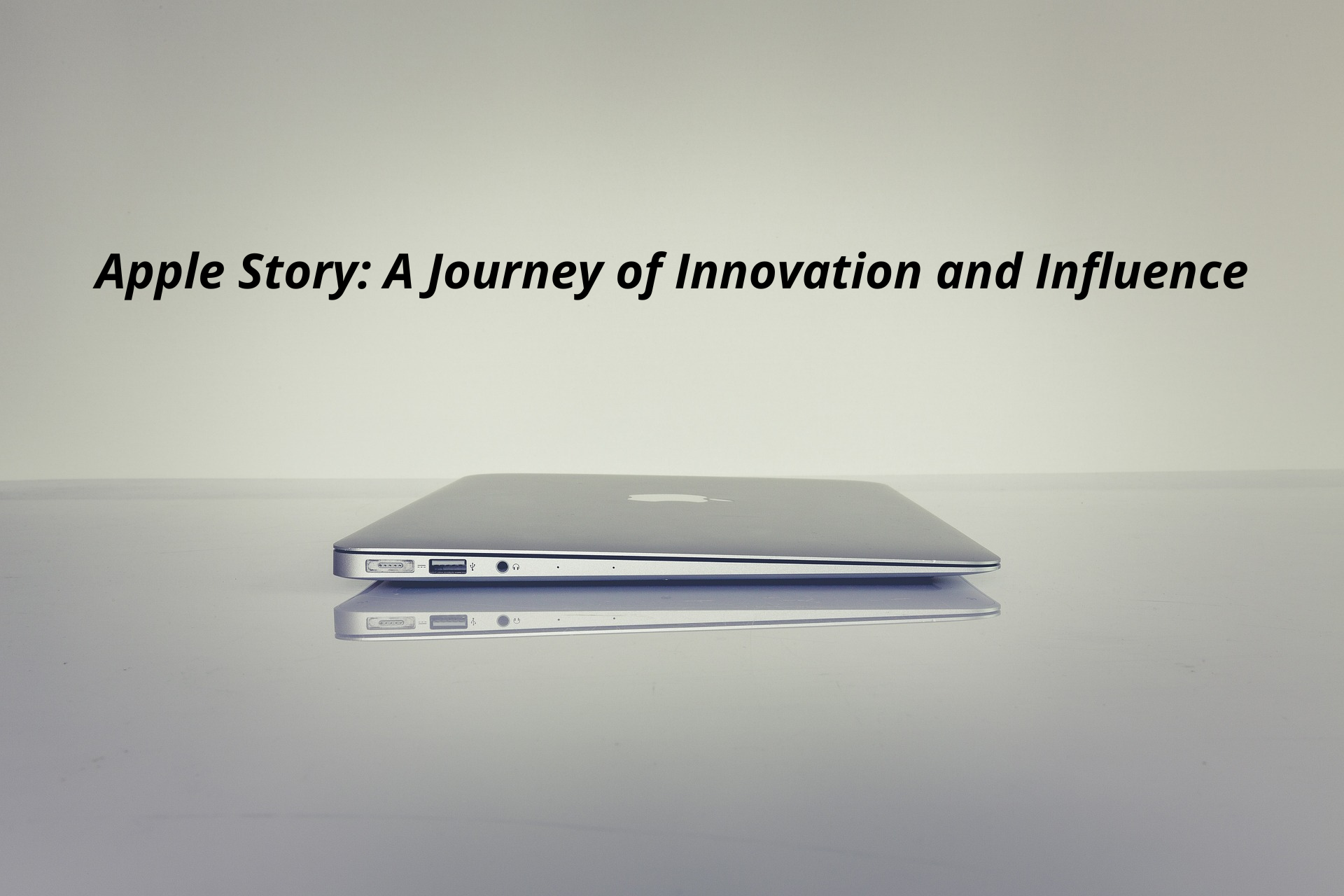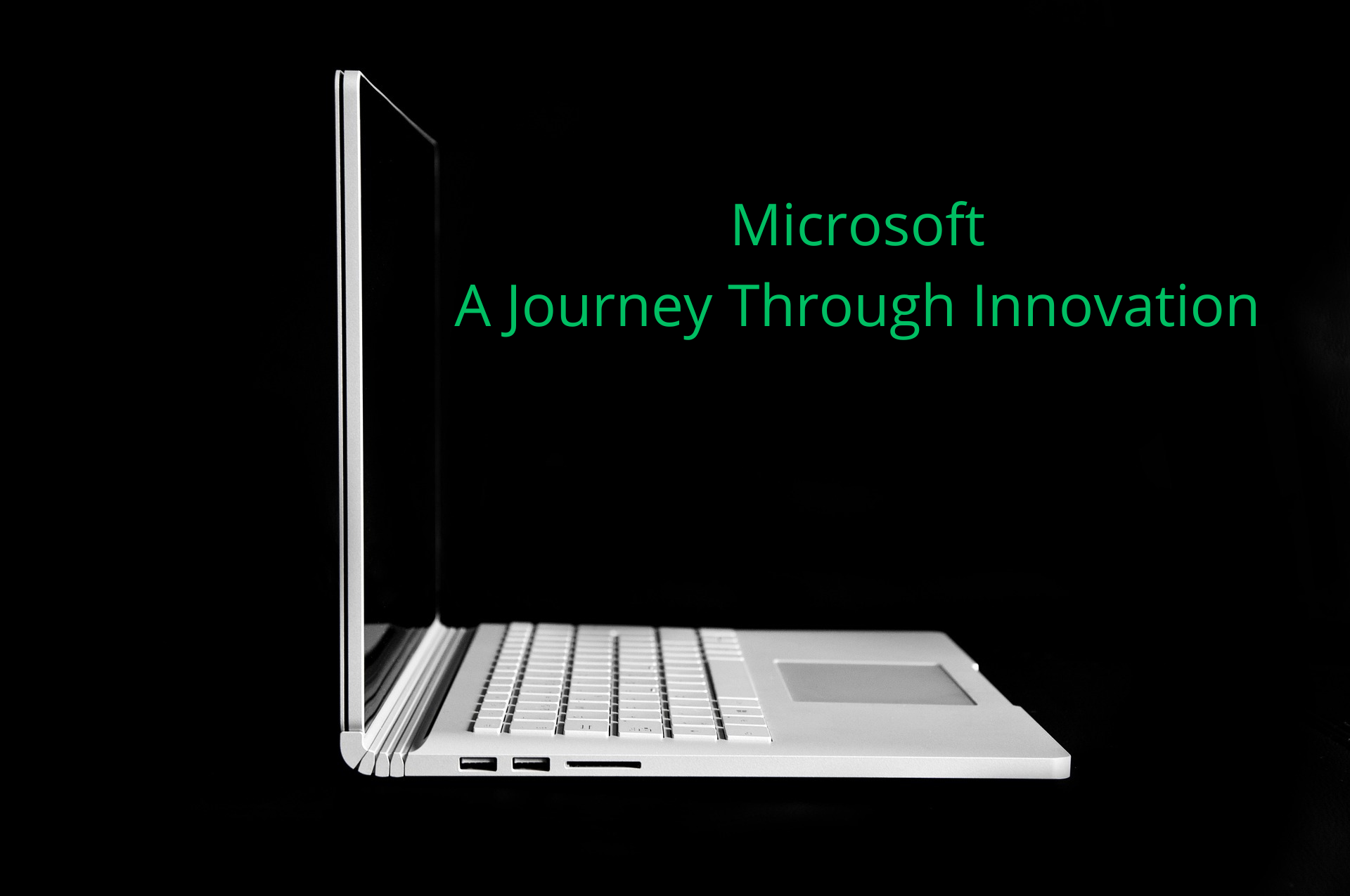In the realm of digital innovation, few technologies have garnered as much attention and excitement as blockchain. Originally devised as the backbone of cryptocurrencies like Bitcoin, blockchain technology has evolved far beyond its initial application. Today, it is heralded as a transformative force across various industries, including finance, healthcare, supply chain management, and more. However, one area where its potential impact is particularly profound is in the realm of mobile apps. Let’s explore how blockchain technology is revolutionizing mobile apps, paving the way for unprecedented security, transparency, and functionality.
Enhanced Security and Data Integrity
Blockchain technology is revolutionizing mobile apps by providing enhanced security and data integrity. Traditionally, mobile apps have been vulnerable to various security threats, including hacking, data breaches, and unauthorized access. However, blockchain’s decentralized and immutable nature offers a robust solution to these challenges.
By storing data across a distributed network of computers, blockchain eliminates the single point of failure inherent in centralized systems. Each transaction is securely recorded and verified by multiple nodes, making it virtually impossible for malicious actors to manipulate or tamper with the data. This not only protects sensitive information but also ensures the integrity of the app’s operations.
Furthermore, blockchain’s cryptographic algorithms ensure that data is encrypted and secure, mitigating the risk of unauthorized access. This level of security is especially crucial for mobile apps that handle sensitive data such as financial transactions, personal health information, or identity verification.
Transparent and Trustworthy Transactions
Another way blockchain technology is revolutionizing mobile apps is by facilitating transparent and trustworthy transactions. In traditional app ecosystems, users often have to rely on intermediaries such as banks or payment processors to facilitate transactions, leading to delays, fees, and potential disputes.
With blockchain technology, transactions can be conducted directly between parties, peer-to-peer, without the need for intermediaries. Smart contracts, self-executing contracts with the terms of the agreement directly written into code, automate and enforce the execution of transactions based on predefined conditions.
This not only streamlines the transaction process but also reduces the risk of fraud and dispute. Since all transactions are recorded on the blockchain and cannot be altered, both parties have a transparent and immutable record of the transaction, fostering trust and accountability.
Empowering Decentralized Apps (DApps)
Blockchain technology is revolutionizing mobile apps by empowering the development of decentralized apps (DApps). Unlike traditional apps that are built on centralized servers controlled by a single entity, DApps run on a decentralized network of computers, giving users greater control over their data and interactions.
By leveraging blockchain’s distributed ledger technology, DApps can offer enhanced security, privacy, and censorship resistance. Users retain ownership of their data and digital assets, eliminating the need for intermediaries and reducing the risk of data breaches or exploitation.
Furthermore, blockchain’s consensus mechanisms ensure that DApps operate transparently and autonomously, without the risk of manipulation or downtime. This opens up a world of possibilities for developers to create innovative mobile apps that prioritize user privacy, security, and sovereignty.

Facilitating Micropayments and Tokenization
Blockchain technology is revolutionizing mobile apps by facilitating micropayments and tokenization. Traditionally, digital transactions involving small amounts of money have been impractical due to high transaction fees and processing times. However, blockchain’s low-cost and instant transaction capabilities make micropayments feasible, enabling new monetization models for mobile apps.
Additionally, blockchain enables the tokenization of assets, allowing developers to create digital tokens that represent ownership rights or access to specific services within their apps. These tokens can be traded, exchanged, or redeemed within the app ecosystem, creating new opportunities for incentivization and engagement.
Furthermore, blockchain-based tokens can facilitate crowdfunding and peer-to-peer lending, allowing users to directly support their favorite apps or invest in promising projects. This democratizes access to capital and fosters a more inclusive and participatory app economy.
Conclusion
blockchain technology is revolutionizing mobile apps by enhancing security, transparency, and functionality. By leveraging blockchain’s decentralized and immutable infrastructure, mobile apps can offer unprecedented levels of security, privacy, and trustworthiness. Furthermore, blockchain empowers the development of decentralized apps, facilitates micropayments and tokenization, and creates new opportunities for innovation and monetization. As the technology continues to evolve, the possibilities for blockchain-powered mobile apps are limitless, promising a more secure, transparent, and inclusive digital future.


